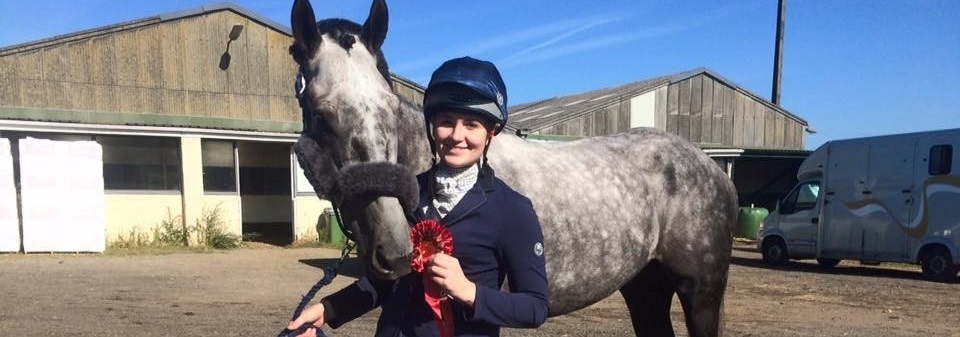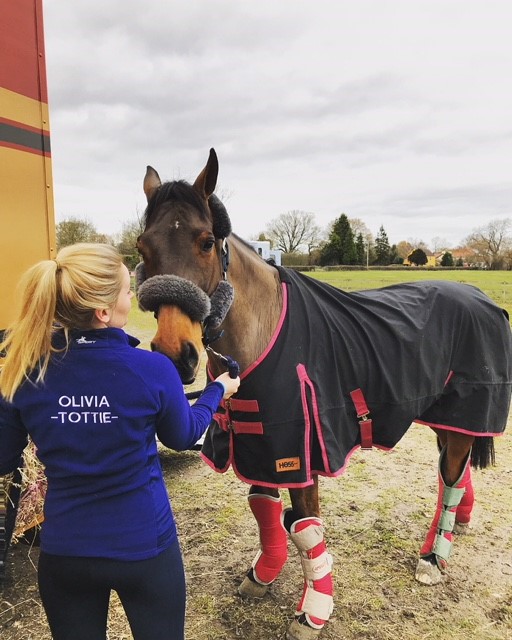
In the many years my family has owned horses, we have never (knowingly) owned or cared for a horse with EGUS (Equine Gastric Ulcer Syndrome) so we admittedly were very uneducated on this topic. It wasn’t until recently when my young Thoroughbred was stricken to months of box rest due to a foot injury, did we have to deal with EQUS.
EGUS was something we always covered during my time at uni but never enough to flick a switch in my brain to see what was going on with my horses. I find myself now constantly researching the topic, determined to make sure I have the best understanding possible! I find speaking to people through social media that have experienced EGUS helps massively, as they’re not companies trying to ‘sell’ you their feed or supplement or saying they have ‘the instant cure’, they a people that share their advice in order to help other owners!

Below is a simple, and general guide to EGUS, however not all cases are the same and some may vary from the information below.
What is EGUS?
In simple terms, EGUS is when the acid produced in the horses stomach causes erosion to the horses stomach lining. The severity of EGUS can be graded, most commonly 0-4, 0 being clear of ulcers and 4 being the most severe.
Causes?
It’s said that more than 63% of performance horses are most prone to EQUS and 93% of racehorses! However this doesn’t rule out leisure horses as studies have said approximately 37% of leisure horses also suffer from EQUS. Things that are considered to be the main causes of EQUS are; diet, intensive exercise, stress, pain, travel, medication and management.
Signs?
Some horses display more signs than others, some of the signs include; behavioral changes, poor performance, weight loss or struggle to gain any weight, poor appetite, mild colic or become very sensitive to girth up.
All horses are different; the main thing that alerted me to get my horse check was behavioral changes. He got so bad that he became dangerous to even turn out to the field, we could no longer hack out, he would kick and bite when tacked up, was reluctant to go forward when ridden and would buck. This all seemed to happen so fast so we called the vet as soon as we noticed! The vet will then perform an endoscopy to see if there are any ulcers present.
Treatment?
A vet will prescribe medication to help heal and protect the horse’s stomach lining. Changes in feed and management are not usually sufficient to cure EQUS but certainly help with the healing process and for future prevention. There is lots of information online on what you can do to help your horse feel more comfortable!
I hope anyone dealing with EQUS manages to find a good routine that works for your horse!!
